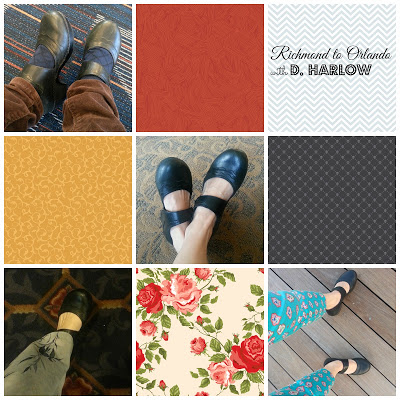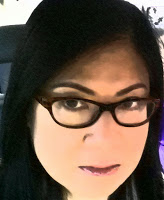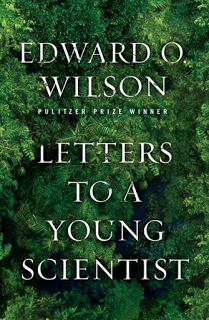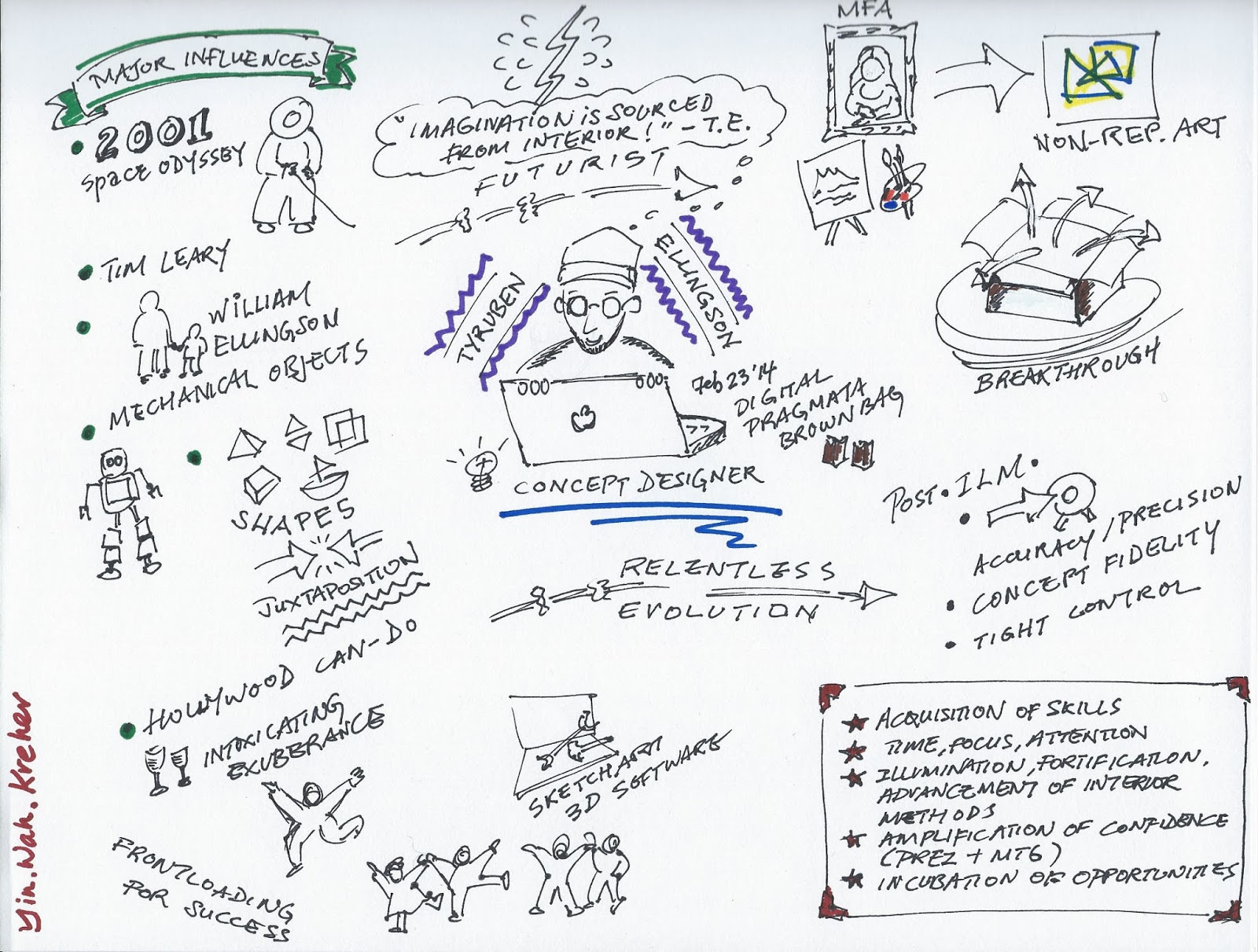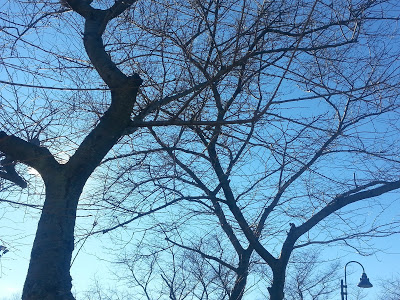Enduring Passion: Letters to a Young Scientist
I became aware of this book by Edward O. Wilson in early August 2013. I had participated in the Arts and Passion-Driven-Learning Summer Institute. During the Opening Concert, Yo-Yo Ma (yes, the world-renowned cellist) read a few lines from the book on stage:
[P]ut passion ahead of training… Decision and hard work based on enduring passion will never fail you. [Wilson, 2013, p. 25]
Intrigued, I returned home from Cambridge, MA, determined to read the book.
Fast forward two months. I’ve finished reading the book out of a pile of several I’m reading. There are many ideas in the book which could lead me to write several blogposts. Today’s post focuses on the idea of ENDURING PASSION.
These are powerful words, except that many people may not know what their passion is or even if they have one all-consuming passion to spend a lifetime on. Wilson writes that he has never swayed from his boyhood passion of collecting and studying insects. He acknowledges that there are now opportunities for one to be passionate about something, but also more competing demands for our time and focus.
I don’t remember if I had an intense emotion for a particular field when I was nine years old. But mulling over what Wilson and others have said/written over time, I began to review the seemingly divergent experiences of my life to search for a passionate focus. How might the moments that add up to a lifetime be connected?
On this point I concur with Wilson and Julia Marshall (I blogged about this earlier, [November 30, 2010]): We remain ourselves through life’s trajectory. Even Steve Jobs alluded to this, documented in an article by NYT writer, Steve Lohr (Jan 12, 1997).
When he found Mona Simpson, who had grown up in entirely different circumstances, Jobs felt as if they had been part of some genetics experiment. He was struck by the similarity in their intensity, traits and appearance. As he was growing close to Simpson, he was also getting to know his daughter Lisa, whose early years were spent apart from Jobs, and watching his two younger children grow up. ”I used to be way over on the nurture side, but I’ve swung way over to the nature side,” he says. ”And it’s because of Mona and having kids. My daughter is 14 months old, and it’s already pretty clear what her personality is.”
My siblings and I were raised in a diverse socio-cultural environment. My parents spoke multiple languages; my mom learned to create things herself intuitively. My dad was a wood craftsman; he was good with his hands and sang well. I now speak a few languages myself and am fascinated with creativity. Even though my parents did not get the chance to receive much formal education, I was a bookworm from young. My mom brought me to the library often. Even though she wasn’t literate, she borrowed English books for me. When I was sick one day, she brought back a Laura Ingalls Wilder book, The Golden Years. I started journaling from young — in Chinese and English.
In short, I believe we can’t run away from our DNA, but the opportunities we have access to also shape our passion. Malala Yousafzai (whose name needs no introduction if you have Internet access) and numerous others from developing countries around the world do not have inroads to the resources — human and non-human — I have had.
The passion I’ve developed today is a result of natural and nurturing forces: DNA, access to education and experiences. Thanks to Wilson and numerous others before him whose shoulders I stand on, I have developed the capacity and disposition to begin to articulate a life focus: I am interested in the language people use to communicate their creative potential. [I will develop this idea in a later blogpost] It has taken time. A hunch has led to education and training, at a time when I couldn’t find a name to a passion.
Like Wilson, my doctoral dissertation zero-ed in on aspects of my current focus – how hearing people engaged with deaf people in liminal spaces. However, a doctoral dissertation is only a prelude to bigger and better things to come.
This passion has gained clarity through much contemplation and angst. I have been accused of dabbling in several fields; of crossing borders and disciplines (sometimes viewed negatively). Hitherto hazy, my enduring passion has led me to develop knowledge primarily in the fields of communication, creativity and instructional design. Under these 3 major fields, I’ve wandered into subfields within to gain further expertise – sometimes for better or worse. Nonetheless, this seed within me has shaped me to pursue the things I now seek after today. The decisions and hard work I have completed thus far have not always made sense to myself or others. But following this hunch means staying true to myself to the best of my ability, and yes, it hasn’t ever failed me.
References
Lohr, S. (1997, January 12). Creating Jobs [Blogpost]. Retrieved from http://www.nytimes.com/1997/01/12/magazine/creating-jobs.html?src=pm
Wilson, E. O. (2013). Letters to a young scientist. New York, NY: Liveright Publishing Co.
Image source: Amazon.com. Retrieved from http://ecx.images-amazon.com/images/I/61EVHwilv5L.jpg
